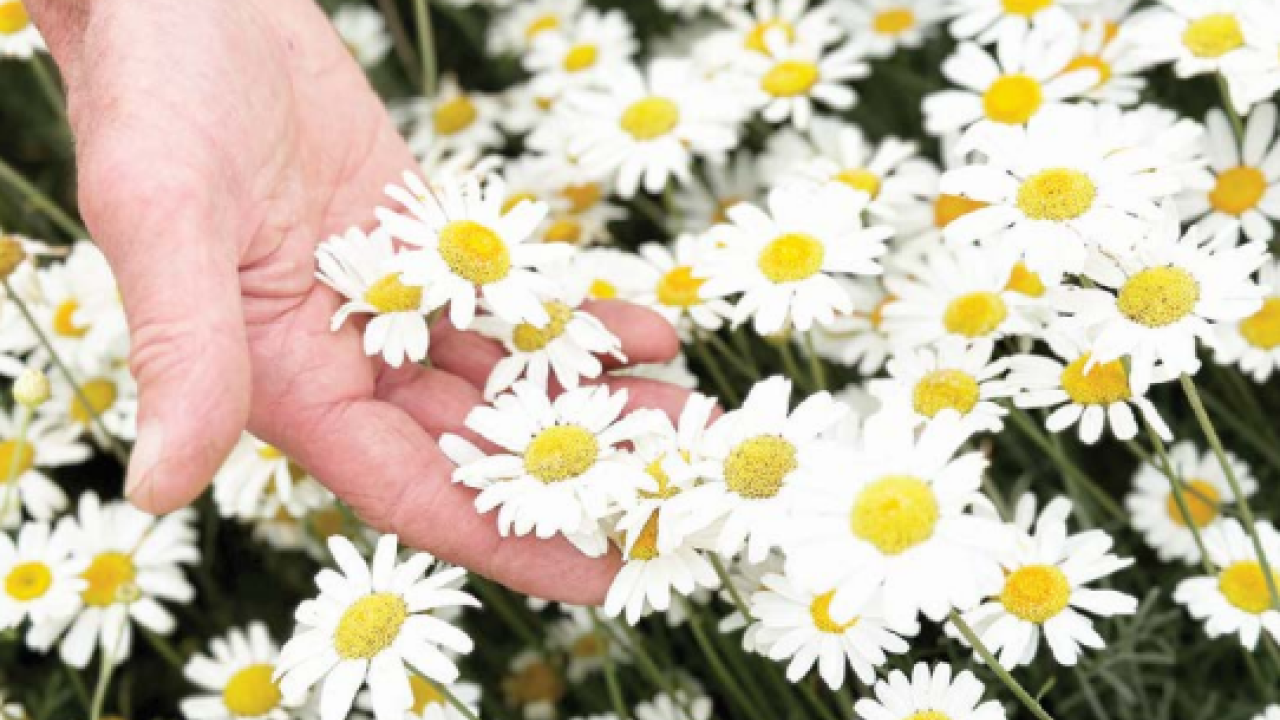Push to speed up crop cycle

RESEARCH to help reduce first harvest timeframe for pyrethrum could be a major boost for the Tasmanian industry.
Australia is the world’s largest pyrethrum producer and demand for products across the globe is growing significantly.
A new $6.3 million research program, delivered through Hort Innovation and led by Botanical Resources Australia, aims to reduce the sowing to first harvest timeframe from 18 months to 12 months.
To achieve the game-changing reduction in time from planting to first harvest, research will be directed into plant breeding, precision planting to optimise yield, seed treatments for rapid and even crop establishment and weed control methods to reduce weed competition and crop herbicide damage.
Hort Innovation’s general manager for production and sustainability, Anthony Kachenko, said this record level of investment from the pyrethrum industry shows that they are future-focused.
“There is growing demand for natural insecticides and the market for pyrethrum is projected to grow significantly over the next five years,” Dr Kachenko said.
“Through this $6.3million research boost, pyrethrum growers are set to make significant gains that will strengthen the industry’s dominant position in the global market.”
Botanical Resources Australia’s Agricultural Research and Development Manager, Kristin Groom, said there was significant potential in reducing pyrethrum’s crop cycle length.
“The long crop cycle is a disincentive to many farmers as returns need to cover opportunity costs for two growing seasons,” she said.
“There is a lack of predictability in input costs and returns over the extended vegetative period, and this results in a wide window for weeds and diseases to build up.”
DR Groom said the development of a short-cycle crop is expected to increase predictability and grower profit by reducing growing costs and reducing weed and disease pressure.
“A short-cycle model also encourages the expansion of the cropping area for Australian pyrethrum to new growing regions,” she said. Pyrethrum is supplied as a refined extract manufactured at Botanical Resources Australia’s facility in Ulverstone, Tasmania.
The extract is the technical grade of the natural insecticide pyrethrin, which is used to formulate insecticide products worldwide.
Pyrethrum is grown primarily in North-West Tasmania and around Ballarat in Victoria, and currently has a farm-gate value of more than $18 million annually.
Australia currently supplies more than 60 per cent of the global market for pyrethrum, and more than 90 per cent of Australian production is exported.

Add new comment